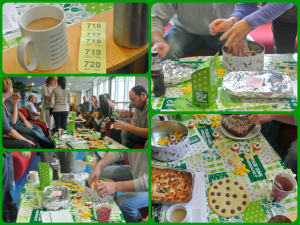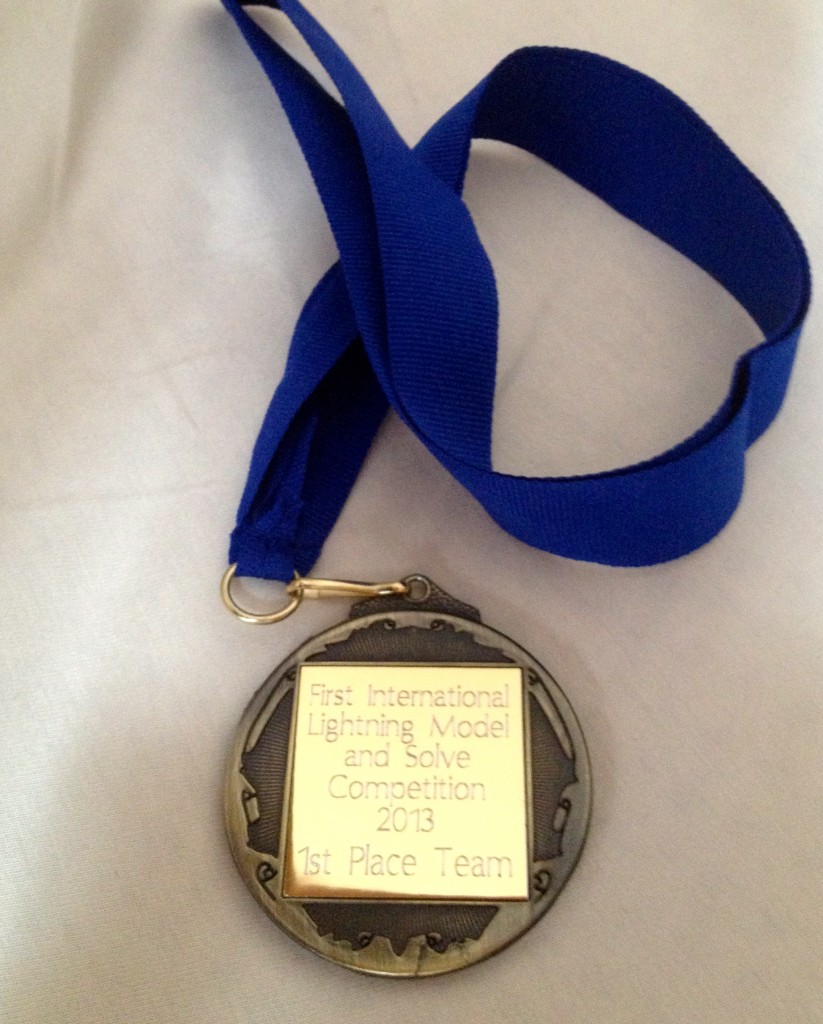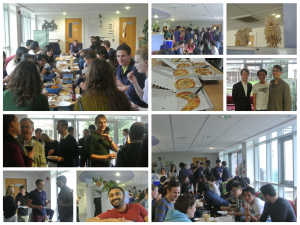These are words used by the Co-Chair of UIST 2013, Dr Shahram Izadi of Microsoft Research Cambridge (UK), to describe one of the prestigious conferences taking place in St Andrews this week.
“UIST is the leading conference on new user interface trends and technologies. Some of the most influential and ground breaking work on graphical user interfaces, multi-touch, augmented reality, 3D user interaction and sensing was published at this conference.
It is now in its 26th year, and the first time it has been hosted in the UK. We are very excited to be hosting a packed program at the University of St Andrews. The program includes great papers, demos, posters, a wet and wonderful student innovation competition, and a great keynote on flying robots.”
Ivan Poupyrev, principal research scientist at Disney Research in Pittsburgh, described hosting UIST in St Andrews as “an acknowledgment of some great research in human-computer interaction that is carried out by research groups in Scotland, including the University of St Andrews.”
Two major events taking place this week are the 8th ACM International Conference on Interactive Tabletops and Surfaces (ITS), and the 26th ACM Symposium on User Interface Software and Technology (UIST), hosted by the Human Computer Interaction Group in the School of Computer Science at the University of St Andrews.
Read more about the events in the University News and local media.




